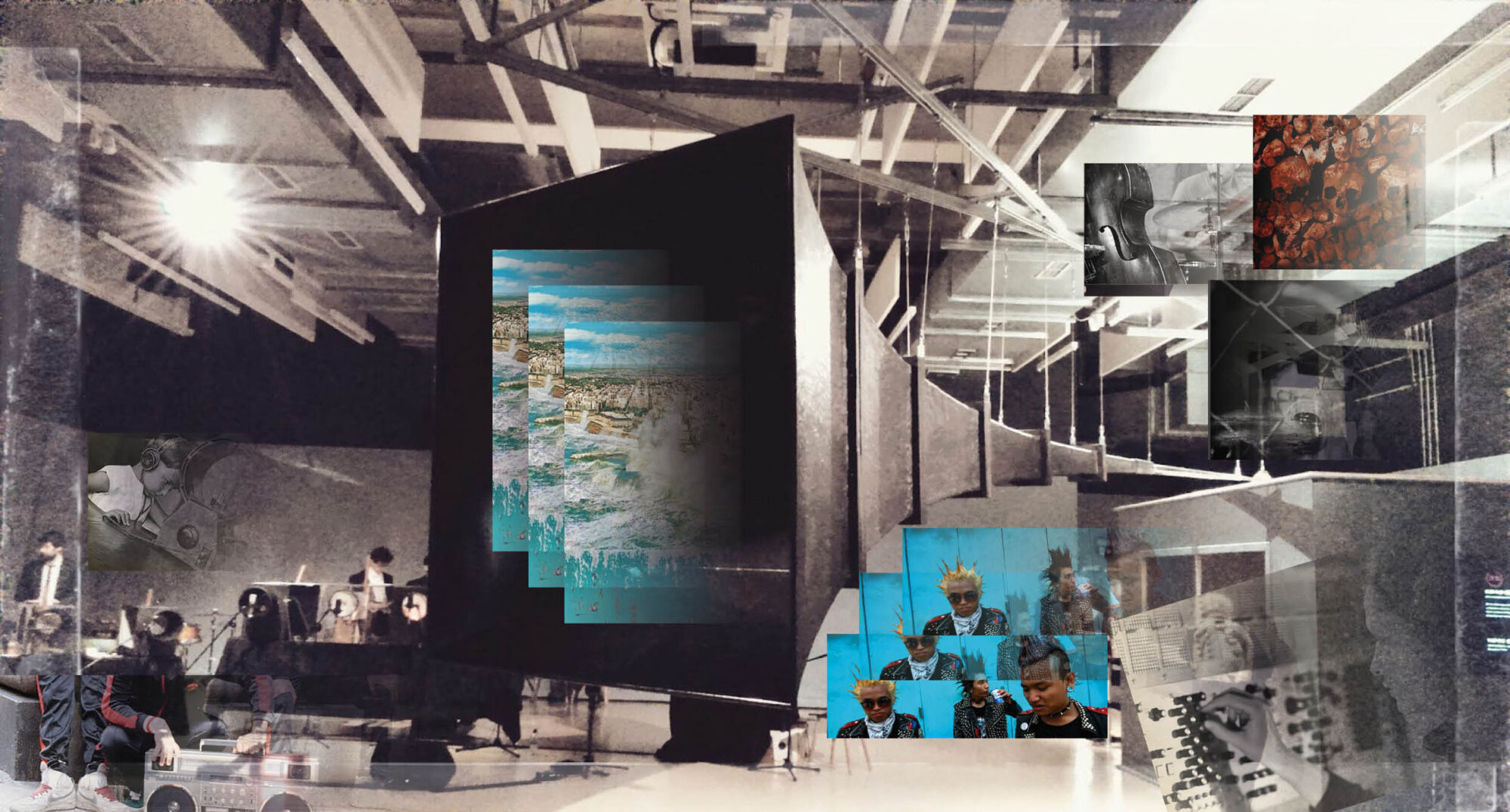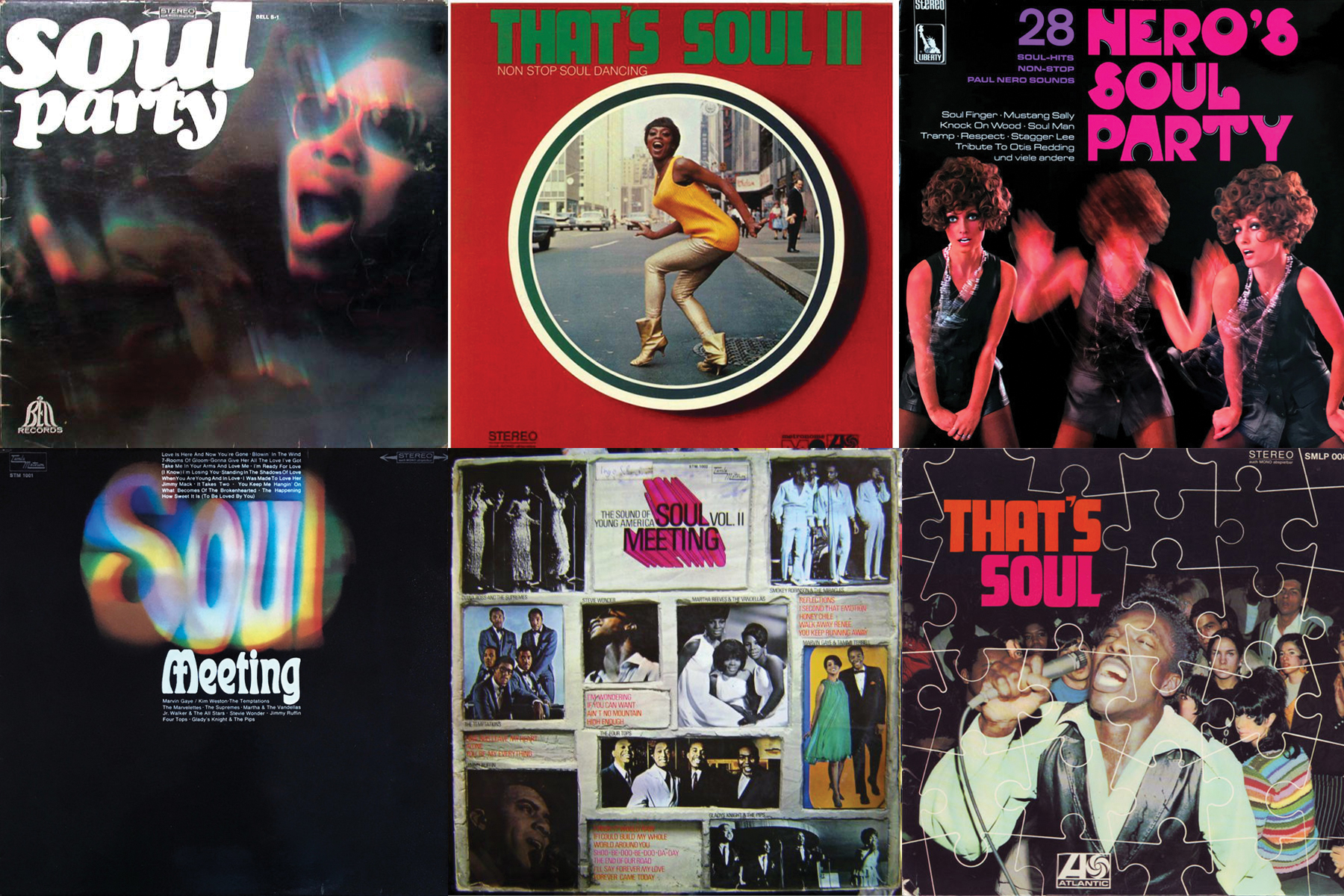In diesem Artikel analysiert Dietmar Elflein die Rezeption von Soul in den ausgehenden 1960er Jahren in Deutschland, versucht eine musikalische Analyse des damals mit Soul identifizierten Grooves, spürt den Produktionsbedingungen dieser Musik nach und fragt, was man in Deutschland damals von diesen Produktionsbedingungen wissen konnte. Die zugrunde liegende Methodik beruht auf Quellenrecherche und Höranalyse, deren Ergebnisse in soziale und Akteur-Netzwerke überführt und diskursanalytisch befragt werden. Im Ergebnis wird Soul unabhängig von seinen Produktionsbedingungen in den USA als black music und Tanzmusik konstruiert. Dabei werden neben der Spiritual- und Gospel-geschulten Singstimme die bassbetonten Grooves, einfachen Songstrukturen und die simple Harmonik des Southern Souls synonym mit Soul.
[Download PDF-Version] | [Abstract in English]
„What Is Soul?“ weiterlesen
